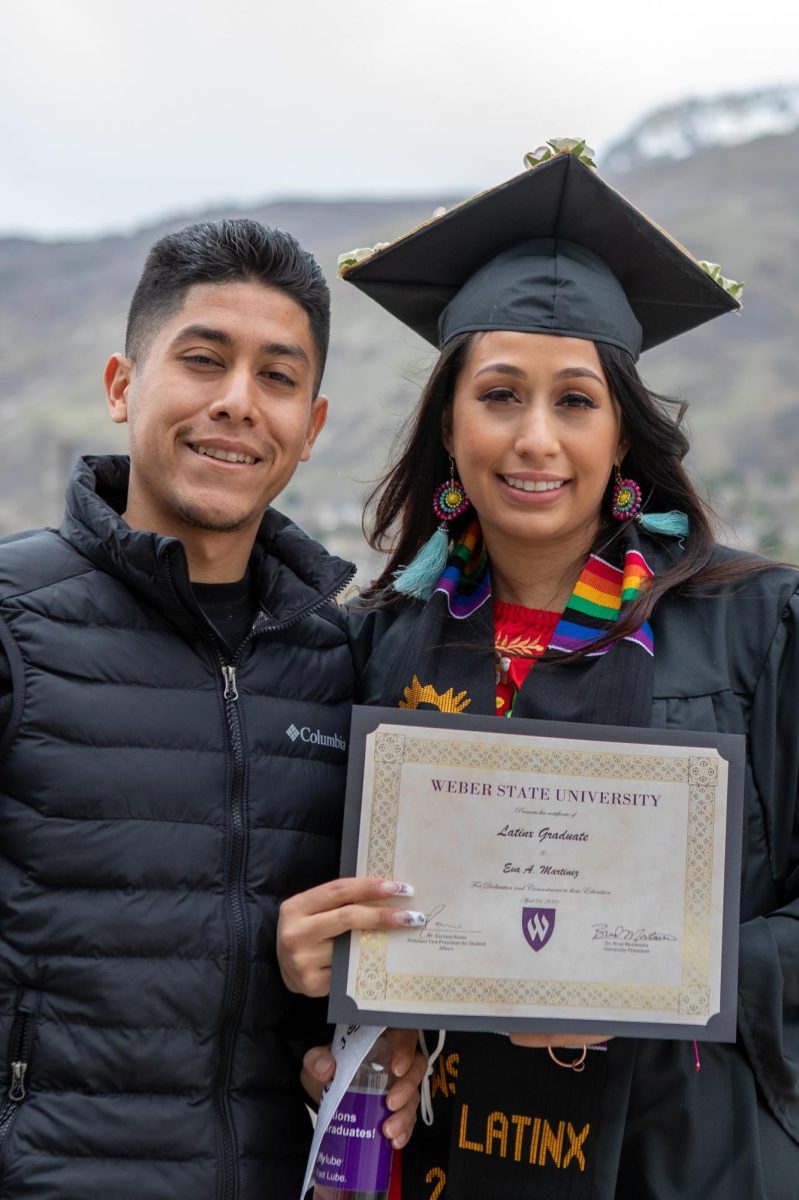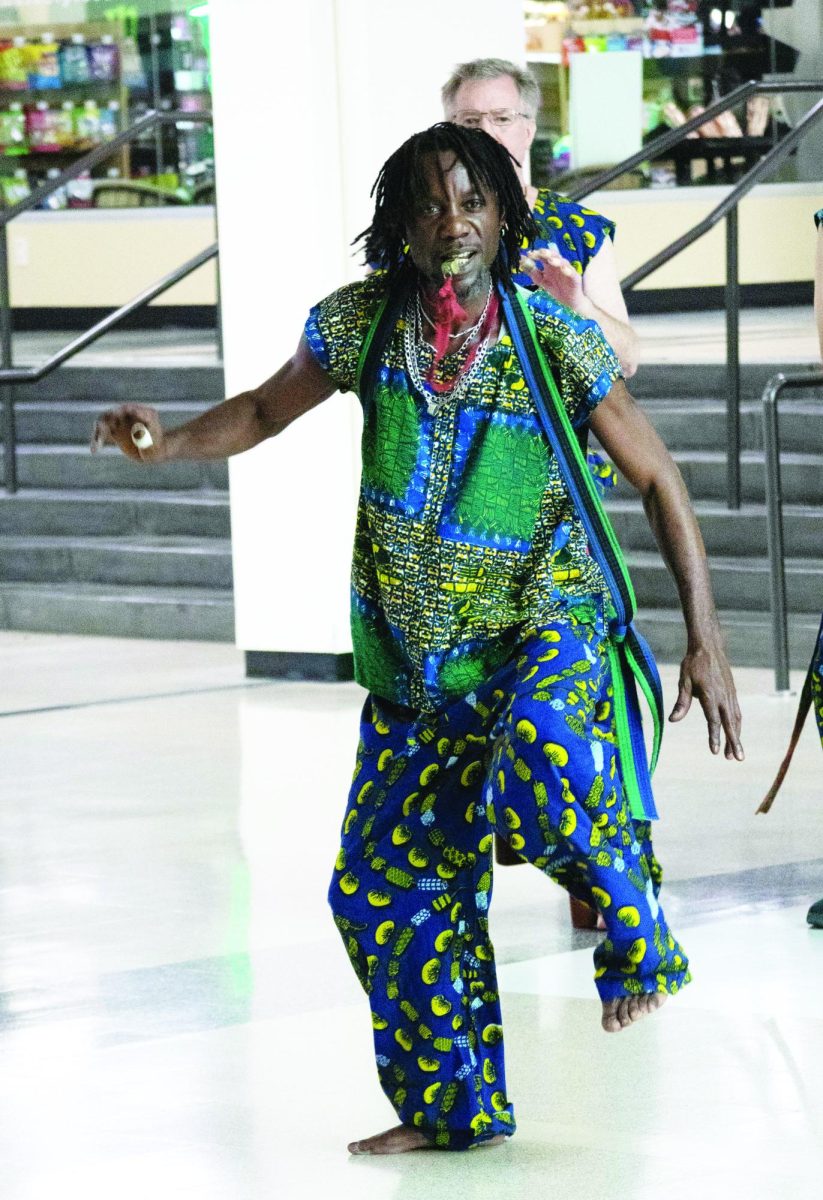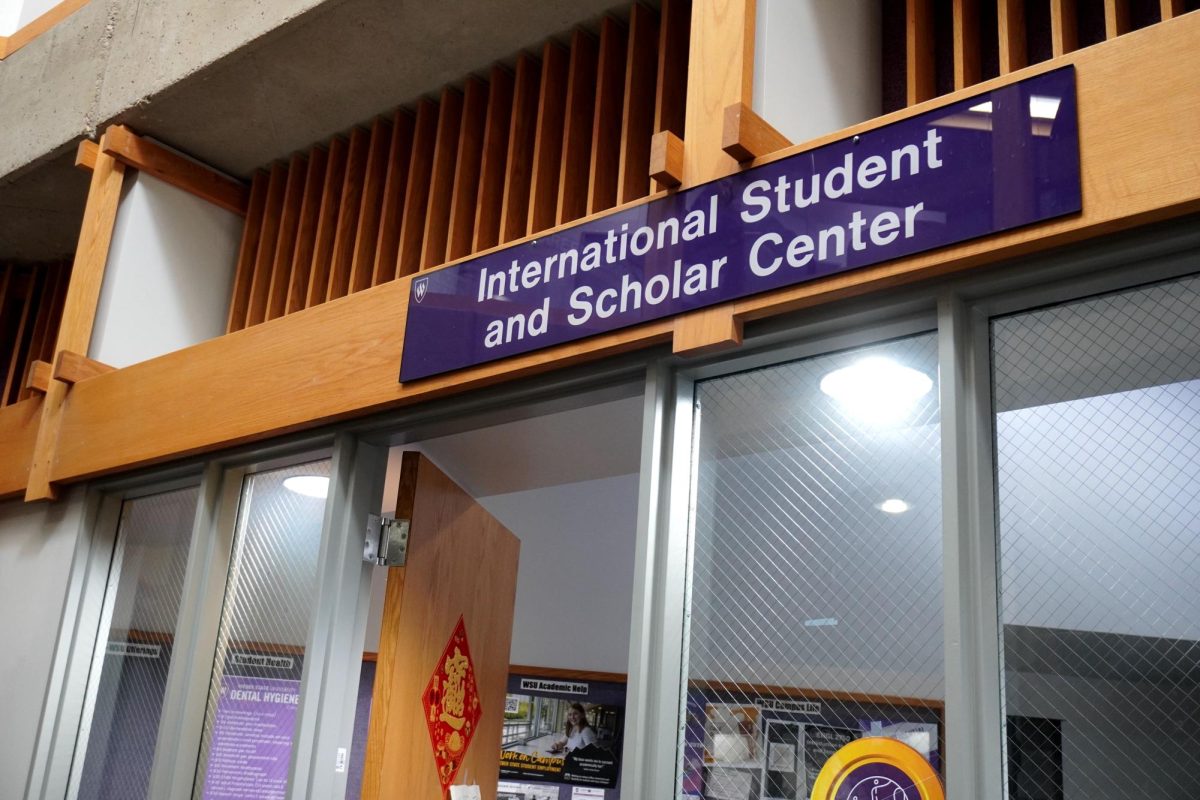Earlier this summer, when House Bill 261 passed, the graduation celebration landscape at Weber State University changed significantly. The bill limits how universities can recognize the achievements of the diverse student body by prohibiting higher education institutions from hosting practices based on identity, including diversity, equity and inclusion elements. This significant shift has led the identity-based graduation ceremonies into celebrations of a more generalized format.
Historically, Weber State organized several graduation ceremonies, each tailored to various ethnic groups, cultures or people of unique identity backgrounds. These celebrations ranged from the Lavender Graduation to honor LGBTQ graduates to la Celebración de Mariposas, a student-run ceremony that celebrated Hispanic and Latino cultures.
Those unique graduation ceremonies were open to anyone and “made students want to come and to be there, to be present, to feel that sense of community,” Brandon Flores, the executive director of the newly revamped Student Success Center, said.
The Native American graduation ceremony would typically feature elders from tribes who offered cultural blessings and shared words of encouragement in a speech. Ceremonial elements like traditional food, songs and dances also played a huge part in the celebration.
Similarly, the Pasifika graduation ceremony allowed students to recognize their parents and family members, and gave them an opportunity to publicly express gratitude and share their college experiences. Families could participate in a deeply personal way, and were given an opportunity to see their children’s achievements celebrated in a personal context that honored their cultural backgrounds.The inclusion of cultural artifacts and a specific graduation stole also promoted a sense of belonging and solidarity.
Given the new restrictions, students who previously looked forward to these unique celebrations are now faced with a new reality.
“My team is no longer leading out cultural identity-specific graduation celebrations,” Flores said. “We are still exploring other options of how we can celebrate students.”
Flores also emphasized that his team will always recognize that those celebrations were such meaningful events for students.
Without any doubt, those changes have sparked mixed reactions among students. Despite it all, there is still hope and a new sense of determination among students and staff to keep fostering a sense of belonging and appreciation on campus.
Flores said that students have an incredibly positive influence, especially amongst their peers and community. Even facing a situation like this, there are still a lot of opportunities to connect with one another and find new ways to celebrate diversity and inclusion in ways that are not only meaningful but also compliant with the new law.




















